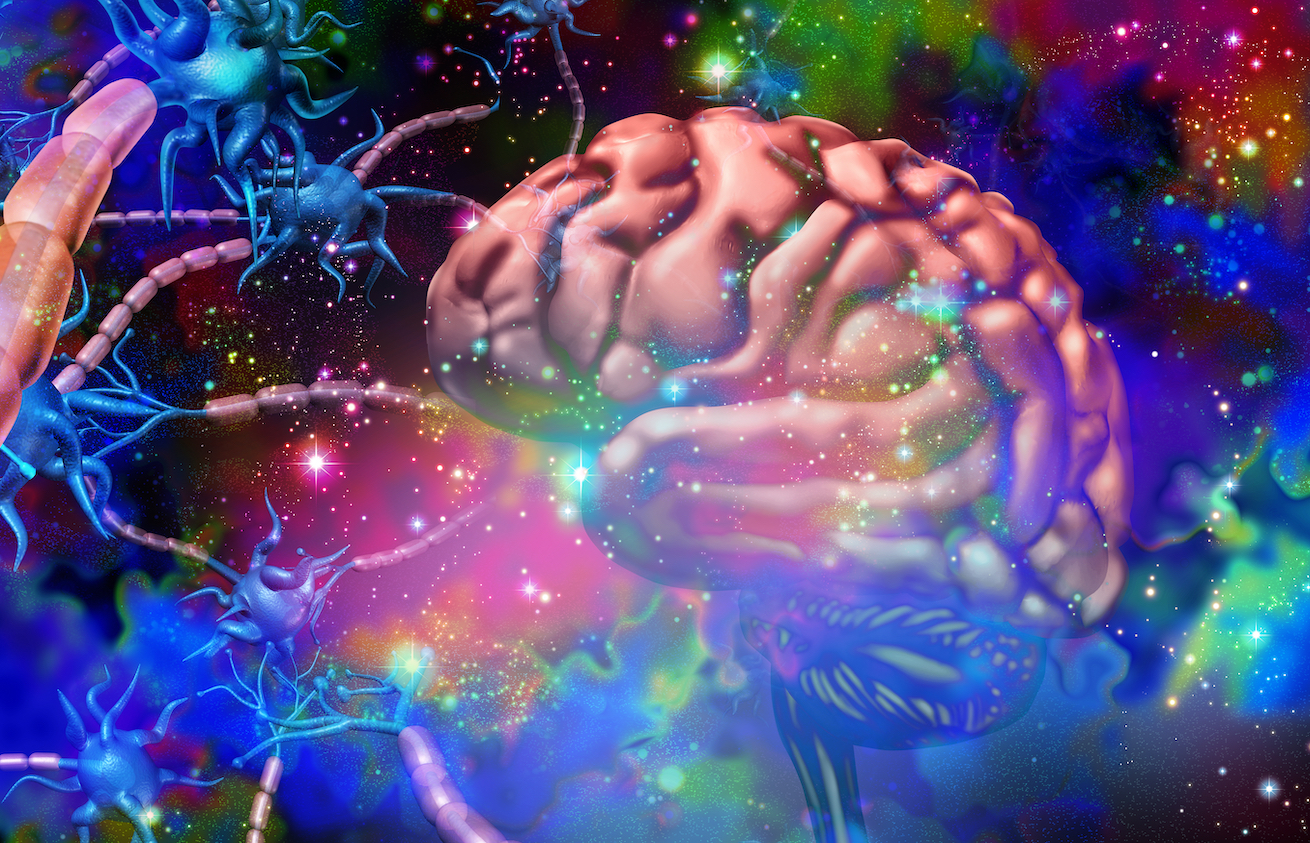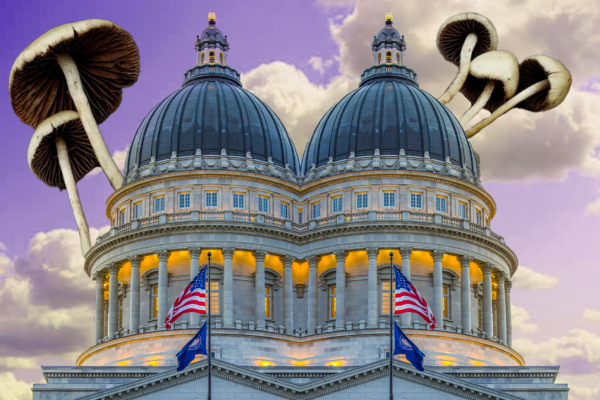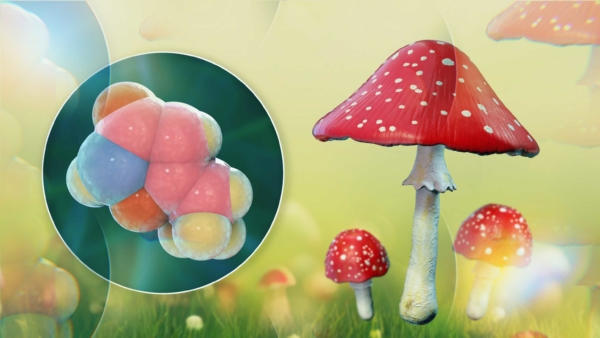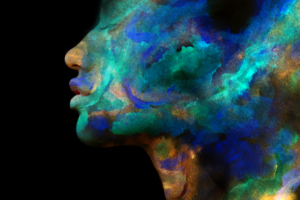
A recent study has found an inconsistent change in participants’ personalities following a session with the powerful psychedelic, ayahuasca.
This study comes off of a long string of research, attempting to underpin whether psychedelics have the ability to fundamentally change an individual’s personality.
A Brief Psychedelic History of Personality Change
As children, our brains are easily perturbed by the outside world. New experiences intersect with our genetic predispositions, ultimately shaping who we are. However, as we grow older, our personality starts to stabilize, and generally doesn’t change after the age of 30.
However, previous work with substances such as psilocybin has found that psychedelics have the potential to fundamentally change who we are.
One such study, conducted over a decade ago at Johns Hopkins University, found that psilocybin, the psychoactive component in magic mushrooms, could make participants’ more open. That is, after taking psilocybin, participants’ were likely to value aesthetics such as art and dance more highly, and become more tolerant of others viewpoints.
However, these findings have been criticized — the authors only found significant changes in personality when they pooled two samples of participants together. So, the question still looms for scientists: Can a psychedelic experience really change someone’s personality?
The Study in Question
The recent study, published in Frontiers in Psychiatry, aimed to test just this, by investigating the effects of ayahuasca, a psychedelic brew combined from plants found in the Amazonian basin, on personality.
Two samples were also pooled together in this study — each was originally designed to assess the effects of ayahuasca on emotion, face recognition, and empathy, and used slightly different study designs.
In total, there were 30 volunteers who on one occasion took ayahuasca, and on the other took a placebo. Prior to taking ayahuasca, the researchers gathered information about each participants’ personality, using a questionnaire that assessed individuals’ big five personality traits, including their openness.
When given ayahuasca, the participants’ were asked to take a quiet introspective approach to the psychedelic session. Interestingly, no music was played, and there was minimal supervision from the study supervisors. After the session, the researchers administered the personality questionnaire again.
For the first sample of people, there were no significant changes in any of the personality domains. For the second sample of people, however, the researchers did find a significant change in the personality domain of openness, corroborating the findings of the study above from Johns Hopkins University.
It is of note, however, that this study has some issues with its design. The authors highlight that these conflicting findings could be down to a small sample size, or different concentrations of DMT in the psychedelic brew for specific individual’s. This might have affected the subjective experiences people have, and, ultimately, affect the results of the study.
The authors further argue that, to truly understand the effects of psychedelics, there needs to be more studies conducted with better control conditions, and larger sample sizes. Then we may more fully understand whether a psychedelic experience can fundamentally change your personality.





